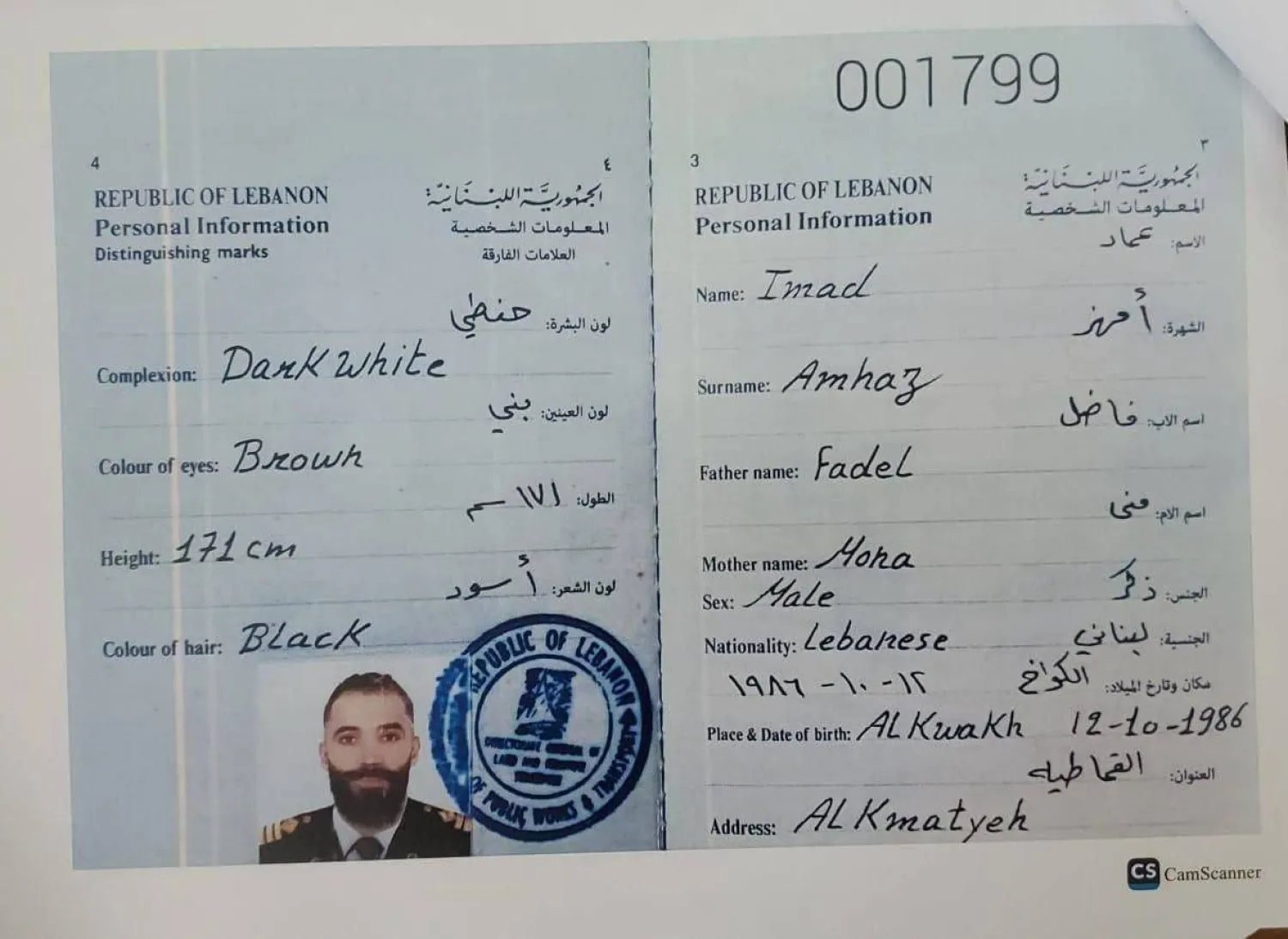Israeli marine commandos kidnapped a Lebanese citizen in a landing operation in the Batroun region north of Beirut, a Lebanese security source told Asharq Al-Awsat on Saturday.
The source said the operation took place at dawn on Friday and targeted Imad Fadel Amhaz, a Hezbollah member. The source did not confirm or deny whether he was an official in the Iran-backed party’s naval unit.
The source said the area where the operation happened had witnessed Israeli activity with Lebanese authorities suspecting that it was a meeting point for Israelis and their agents in Lebanon before the eruption of the war.
Speaking to Lebanon's Al-Jadeed TV, caretaker Minister of Public Works and Transport Ali Hamie declined to go into details or answer questions about whether it was thought to be an Israeli operation.
Three Lebanese judicial officials told AP an investigation is looking into the man is linked to Hezbollah or working for an Israeli spy agency and an Israeli force came to rescue him.
The officials spoke on the condition of anonymity as they were unauthorized to share details about the incident or the ongoing investigation.
Israel’s military said it was looking into local media reports that said its forces captured a senior member of Hezbollah’s naval force during the operation. Israel has carried out in the past commando operations deep inside Lebanon to kidnap or kill Hezbollah and Palestinian officials.
Hamie told Al-Jadeed the man was a captain of civilian ships. He graduated in 2022 and in late September joined the Batroun's Maritime Sciences and Technology Institute for additional courses. Hamie said that the man lived roughly 300 meters (980 feet) from the institute.
Hamie's remarks came shortly after two Lebanese journalists posted a video on social media showing what appeared to be about 20 armed men taking away a man from in front a house, his face covered with his shirt.
Kandice Ardiel, a spokesperson for the UN peacekeeping force deployed in south Lebanon, denied allegations by some local journalists who said that the peacekeepers helped the landing force in the operation. The UN mission, known as UNIFIL, has a maritime force that monitors the coast.
"Disinformation and false rumors are irresponsible and put peacekeepers at risk,” Ardiel said.









